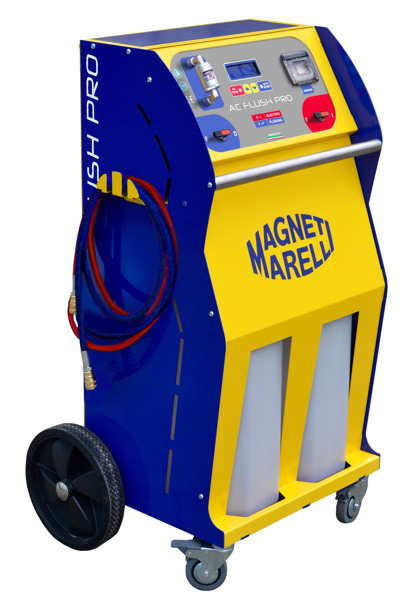The Facts About Stop Car A/c Leaks Uncovered
If the high and low side pressure indicators look reduced, the system is reduced and requires recharging. But before any refrigerant is added, check where the refrigerant will be currently moving, to discover. AIR CONDITIONING PROBLEM: REFRIGERANT LEAKS All vehicles leak microscopic and some refrigerant seals pores in hoses.
Newer vehicles have seals and barrier design hoses so leak less than a couple tenths of an ounce of refrigerant per year. But so any reduction of refrigerant will have more of a negative effect on performance that is heating system capacities tend to be smaller on vehicles.

Flow repairs require replacing seals, O-rings or hoses. But in the event the evaporator or condenser are leaking, repairs can be costly. Connecting a gauge set to the low and high pressure service matching on the system best does POOR COOLING PERFORMANCE. Though bad cooling is often due to a minimal cost of refrigerant, it can also be caused by a number of different factors (see graph above).
On an 80 degree day, the very low gauge should read about 56 psi or greater if the A/C system includes a decent charge of refrigerant. On a 90 degree day, the LOW side reading should be greater or about 70 psi. If the LOW estimate reading is less than that, some refrigerant is likely needed by the A/C system.
7 Simple Techniques For Stop Car A/c Leaks
The majority of newer passenger automobile A/C systems don't hold much refrigerant (14 to 28 ounce ) , which means you don't want to add too much when the machine is still low. AIR CONDITIONER PROBLEM: you can try these out INTERMITTENT COOLING An A/C system that blows cold air for awhile then warm atmosphere is probably freezing up. This can be caused by air and moisture from the system which allows ice to form and prevent the orifice tube.

Air can get inside a system through flows, by not distributing the system prior to recharging it, and/or by recharging the system with refrigerant that is contaminated with air. Recovery equipment can suck air when the system has a flow or in air is contained by an A/C system.
This is done. However, on gear that lacks an automated purge cycle, tank pressure and temperature needs to be quantified and compared to some static pressure reference chart. Air can be detected by some refrigerant identifier equipment . An identifier ought to be used to inspect the refrigerant until the system is serviced to prevent cross-contamination of recycling and recovery equipment.

Everything about Stop Car A/c Leaks
Check to determine if the relay is getting voltage once the A/C is turned on. Assess the and ground connections. The relay is most likely bad When bypassing the relay or routing battery voltage directly makes the A/C operate. Switch is controlled by faulty A/C.
Some possible causes of irregular cooling (or even any cooling) on automatic A/C systems incorporate all of the above, also:A difficulty from the control module or control head (this usually involves using a trader scan tool to read fault codes and execute self-diagnostics). A awful temperature sensor (an ambient air temperature sensor, inside air temperature sensor, evaporator temperature detector, or sunload detector ).
But sound may also be brought on by cross-contaminated refrigerant (operating pressure too high), air in the system or the wrong type of compressor lubricant. Noise can be caused by hoses or parts rattling against other components in the engine compartment.